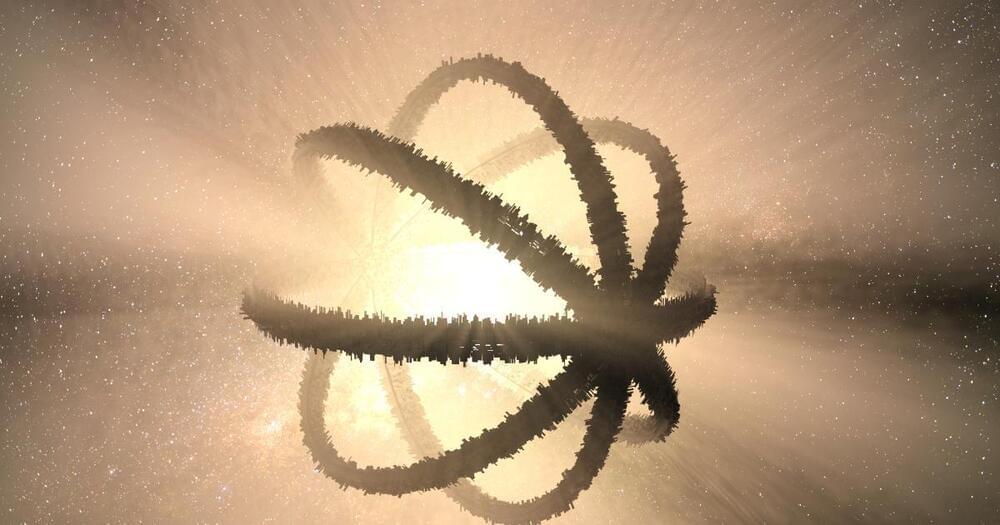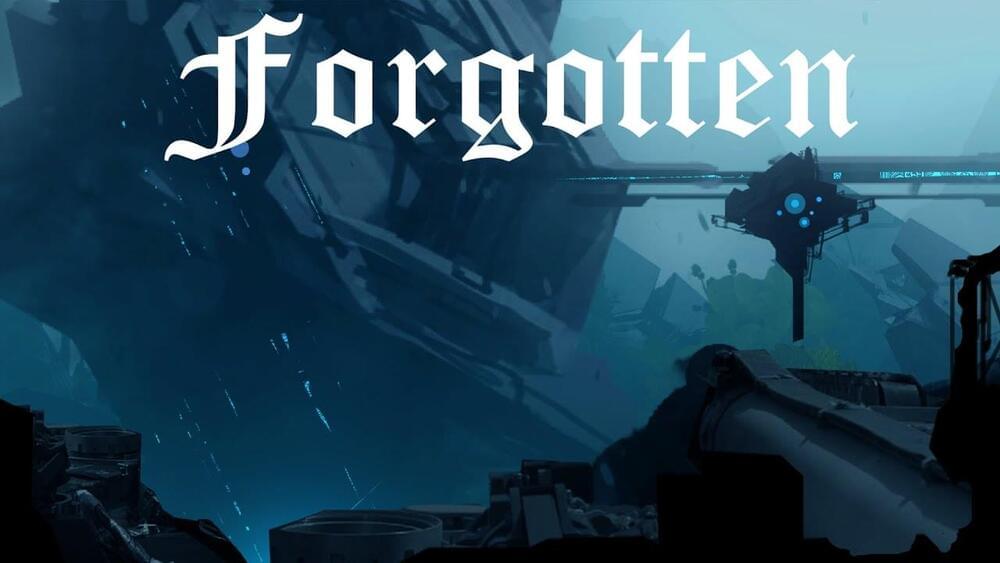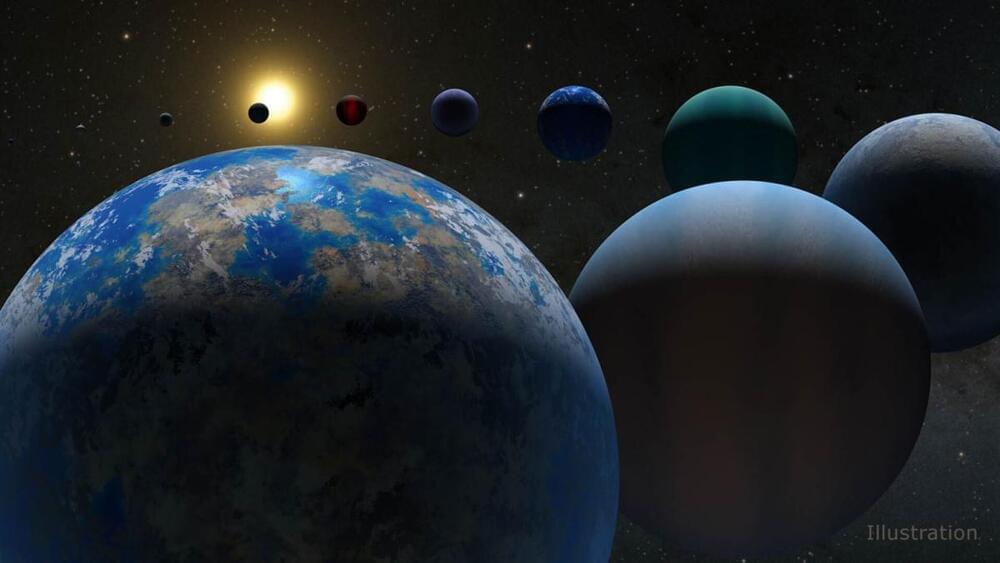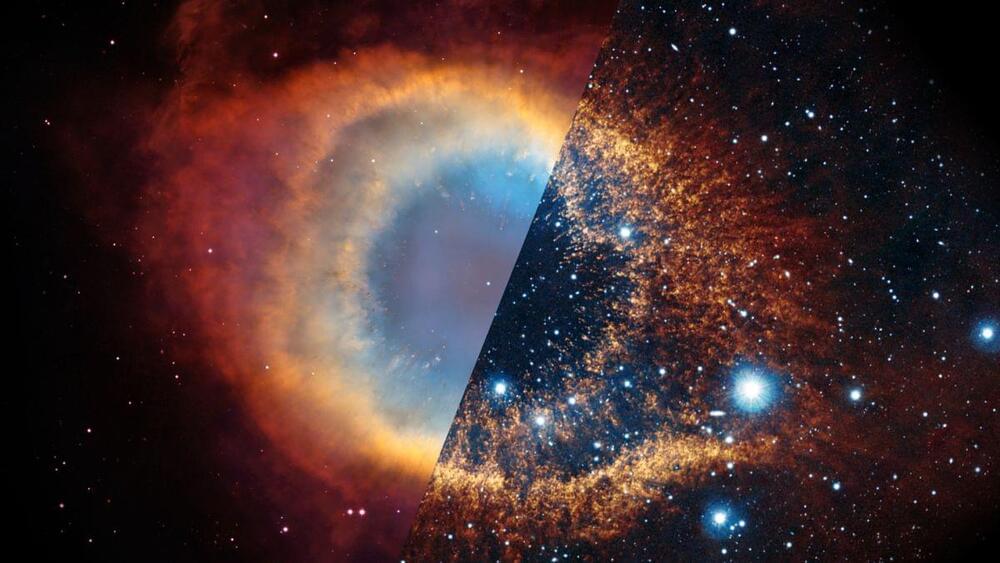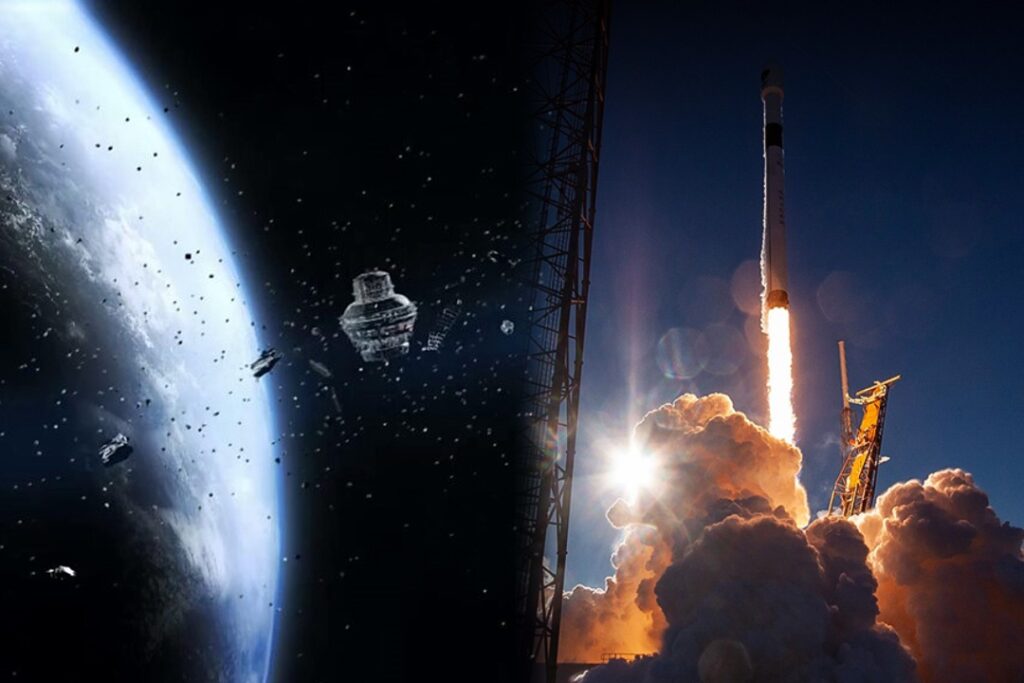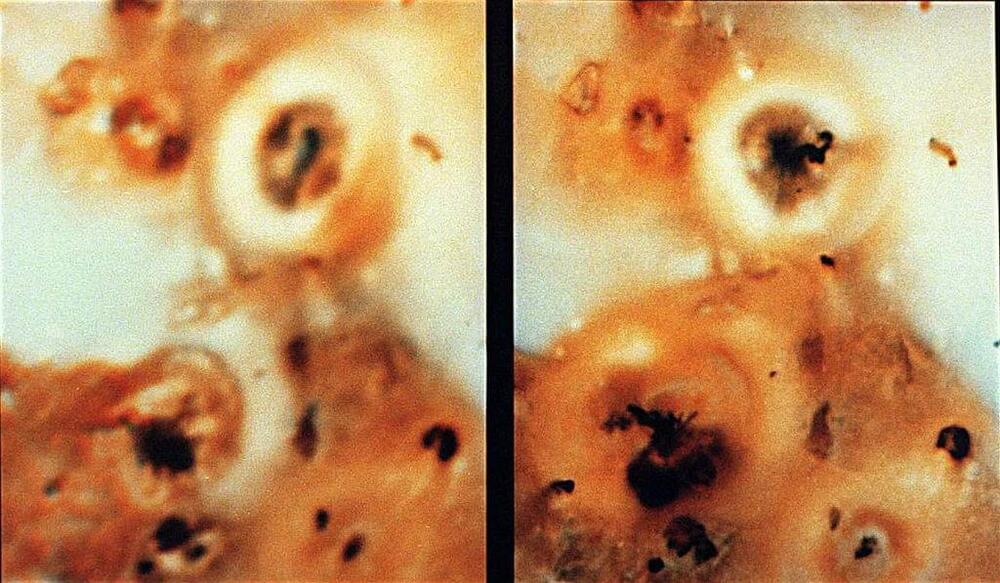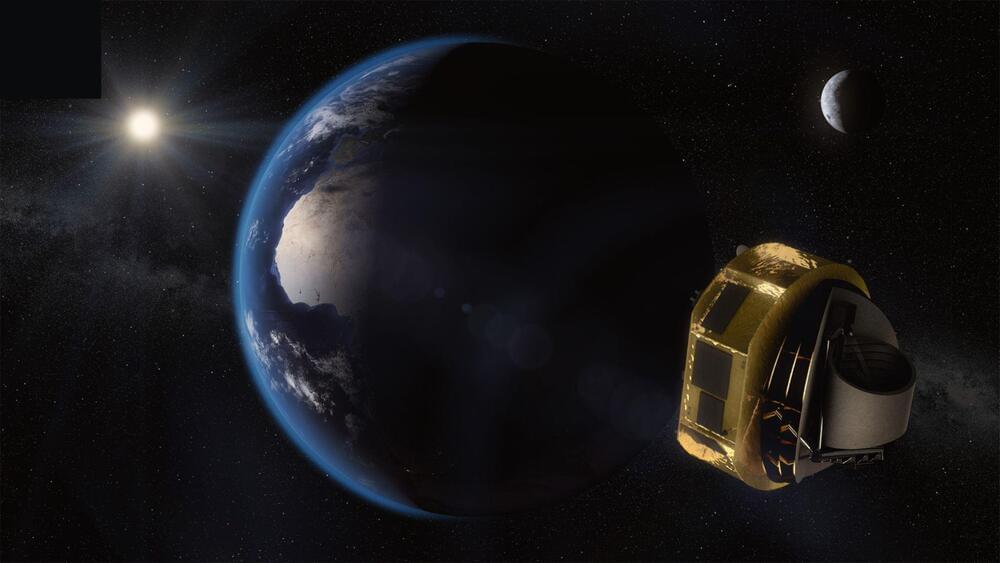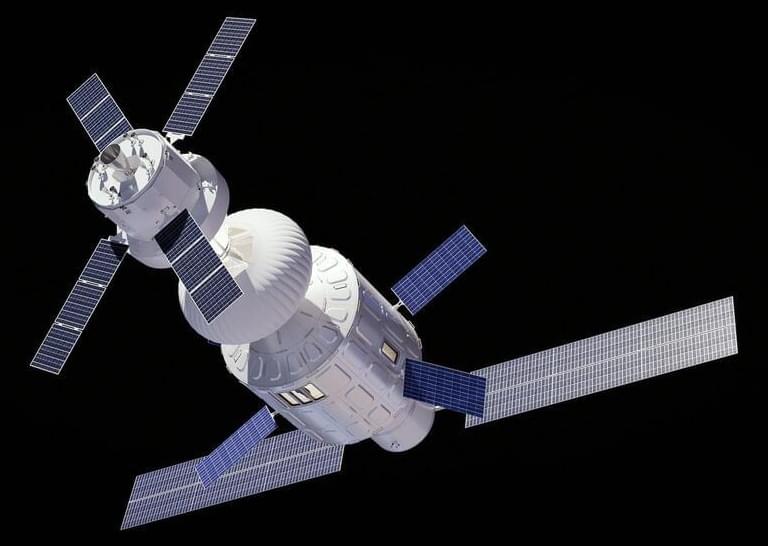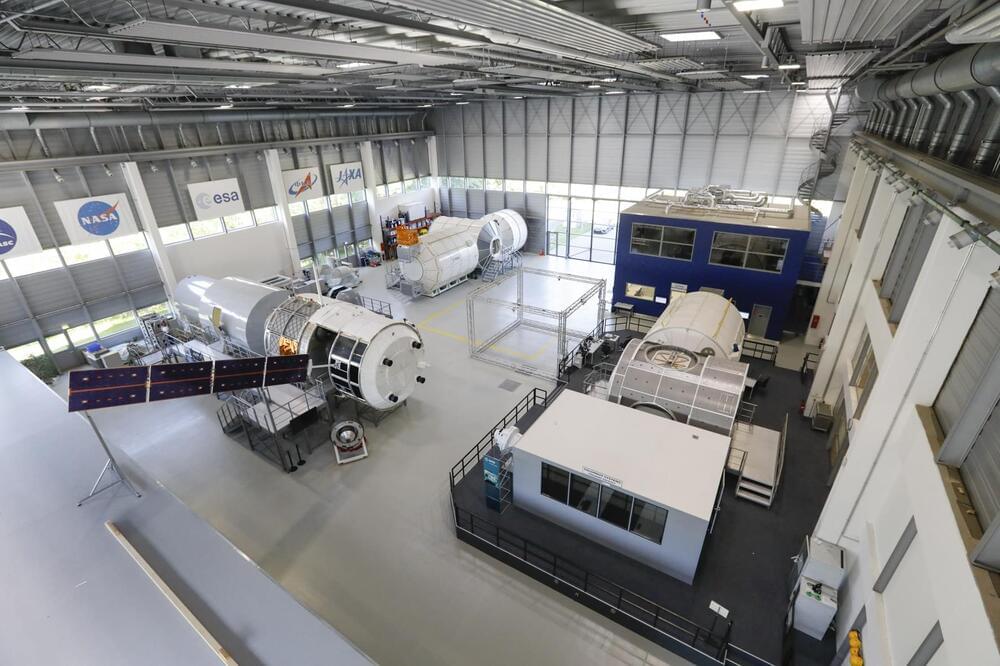Apr 23, 2023
Hitting the Books: We’d likely have to liquidate Jupiter to build a Dyson Sphere around the Sun
Posted by Dan Breeden in categories: futurism, space
The gargantuan artificial construct enveloping your local star is going to be rather difficult to miss, even from a few light years away. And given the literally astronomical costs of resources needed to construct such a device — the still-theoretical-for-humans Dyson Sphere — having one in your solar system will also serve as a stark warning of your technological capacity to ETs that comes sniffing around.
Or at least that’s how 20th century astronomers like Nikolai Kardashev and Carl Sagan envisioned our potential Sol-spanning distant future going. Turns out, a whole lot of how we predict intelligences from outside our planet will behave is heavily influenced by humanity’s own cultural and historical biases. In The Possibility of Life, science journalist Jaime Green examines humanity’s intriguing history of looking to the stars and finding ourselves reflected in them.
Excerpted from The Possibility of Life by Jaime Green, Copyright © 2023 by Jaime Green. Published by Hanover Square Press.
